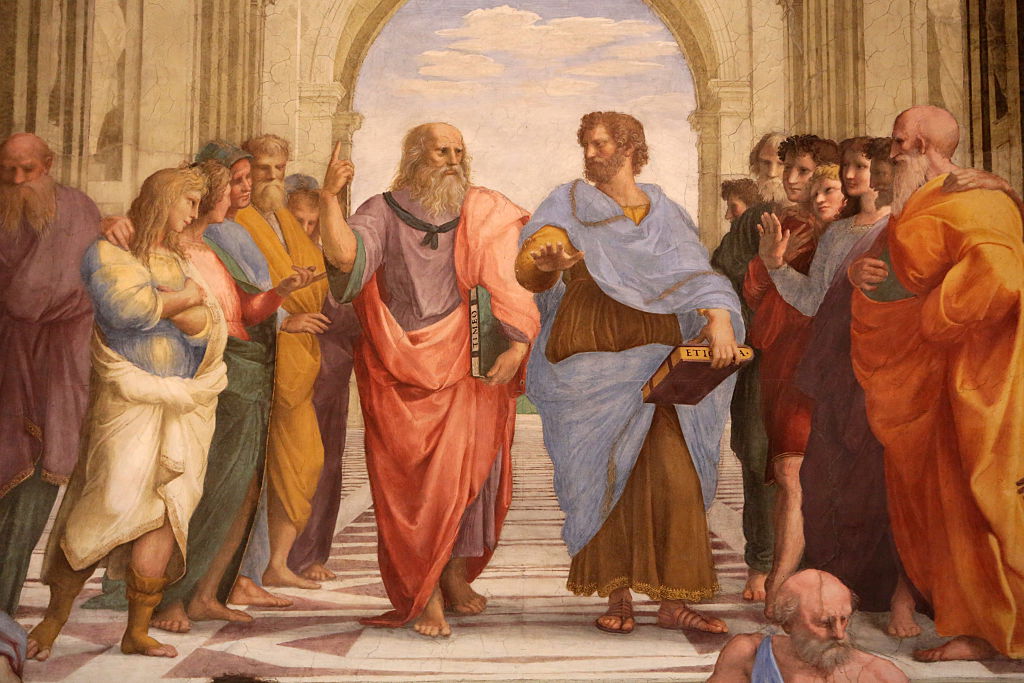A great deal of academic work is often rather bloodless. The impersonal stylistic norms of the ivory tower make it easy to forget that academics also love, hate, lust, resent, envy, and in general experience the whole gamut of human emotions. While detached writing about difficult topics has its place, it’s also nice to be reminded that academics are not a bunch of unfeeling automatons.
Alexandre Lefebvre’s new book, Liberalism as a Way of Life, offers such a reminder. In it, Lefebvre sets out to show that liberalism can serve—and that for many people it does in fact serve—as the basis of a good life. For him liberalism isn’t just a theory about how government should be structured, but rather an ethos, an “intellectual, emotional, and embodied package deal.” As the title suggests, liberalism compels its adherents to interact with the social world in a particular way—to a particular “way of life.”
That may sound abstract, but Lefebvre brings things down to earth. The book contains plenty of philosophy—there are many references to John Rawls—but it is also filled with personal anecdotes, discussions of movies, TV shows, partying, profanity, and even pornography. (I’ll skip over that last section.) It’s a deeply human book that exemplifies a fun yet respectable way of writing about political theory.
But does his project succeed? Can liberalism alone really be the basis of a good life? I’m not so sure.
Borrowing from Rawls, Lefrevbre holds that at the core of liberalism is the idea that society ought to be a fair system of cooperation, one where “every citizen has a legitimate expectation to be treated reasonably and fairly by the basic institutions of society.” A fair society respects people’s freedom (i.e. their autonomy to choose their own plan of life) so long as this is consistent with everybody else doing the same. A fair society must also be justified to all its members.
For Lefebvre, these liberal principles play a role in shaping everyday life, often for the better. The liberal conception of the good life revolves around reciprocity, freedom, and fairness. A fully liberal person respects others (reciprocity), chooses her own plan of life and allows others to do so the same (freedom), and does not participate in institutions that unjustly disadvantage other people (fairness). Romance, Lefebvre points out, ideally follows these norms, since lovers respect each other’s autonomy and do not seek to dominate their respective lives. Something similar could be said of friendships, which also involve mutual respect.
Yet this conception of the good life seems to be primarily concerned with the form of people’s behavior, and not enough with its content. Lefebvre holds that you should respect the freedom and humanity of others regardless of the activities you choose to undertake in life. But what activities should you engage in, and for what sorts of reasons? On this question, he is largely silent.
Which poses problems. Suppose, by way of analogy, that you decide to take your family to a new town and that you need to build a house. So you hire a consultant to help you. It’d be one thing if the consultant told you that justice requires building a house that isn’t dramatically bigger or more luxurious than those of your poorest neighbors, or that you shouldn’t place offensive signs all over your lawn. But that alone would fail to answer many of your questions about its design—what colors to pick, what materials to use, how to arrange your furniture, etc. You’d have an idea of what parameters to abide by but little guidance on what to choose within those parameters.
To his credit, Lefebvre anticipates this objection, and he replies by making the reasonable observation that a conception of the good life “provides a framework to deliberate life’s big questions, not a direct answer to them.” In other words, a conception of the good life is not meant to delineate a step-by-step blueprint telling you what actions you need to take and when exactly you ought to take them, but rather to provide you with the concepts necessary to deliberate about what to do. For example, one conception of the good life might say that to live well you should do whatever brings you the most pleasure in the long run. This conception provides determinate guidance about what you ought to do: When you face a dilemma, you can ask yourself what will be most pleasant and then act accordingly.
But even on Lefebvre’s own understanding of what a conception of the good life is meant to do, liberalism seems to fare rather poorly. Lefebvre thinks that liberalism’s core concepts provide a framework for navigating life’s biggest questions. Yet it just isn’t clear how reciprocity, freedom, and fairness are meant to help us answer some of the questions Lefebvre himself raises: “Should I have children? How should I raise them? Should I prioritize a career over friends? What kind of job won’t leave me feeling drained? What is love?” Within liberalism’s parameters of respect and reciprocity, it tells us too little.
Those seeking more determinate guidance on how to structure their lives still need to look to places other than liberalism. Religion, for example, has often provided people with concrete plans of life and with concepts that help them deliberate on what to do. Philosophy too has offered various conceptions of the good life.
Liberalism as a Way of Life, again to Lefebvre’s credit, does highlight the constraints that liberalism places on individuals, and it left me feeling grateful for them. Life would be immoral and unsatisfying if we didn’t even try to treat others in a spirit of freedom and fairness. But I also came away more convinced that insofar as I have been able to find sources of meaning and happiness in life, they have not really come from the parts of me that are liberal.









Please note that we at The Dispatch hold ourselves, our work, and our commenters to a higher standard than other places on the internet. We welcome comments that foster genuine debate or discussion—including comments critical of us or our work—but responses that include ad hominem attacks on fellow Dispatch members or are intended to stoke fear and anger may be moderated.
With your membership, you only have the ability to comment on The Morning Dispatch articles. Consider upgrading to join the conversation everywhere.